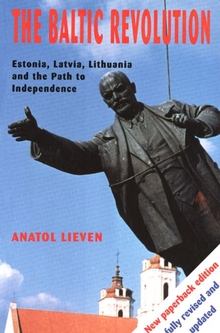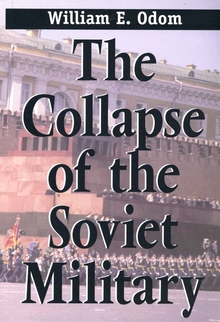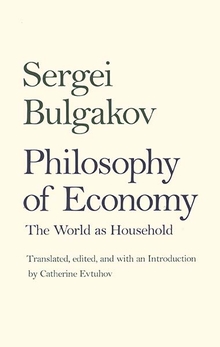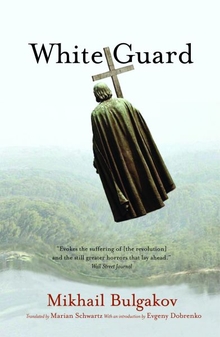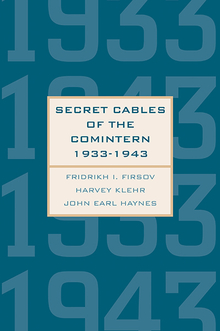The Baltic Revolution
WARNING
You are viewing an older version of the Yalebooks website. Please visit out new website with more updated information and a better user experience: https://www.yalebooks.com
Estonia, Latvia, Lithuania and the Path to Independence
Anatol Lieven
Lieven begins by describing the ancient Baltic peoples, their conquest by the Christians, the evolution of the Lithuanian empire and their union with Poland, and the experience of the Baltic provinces under the Russian Empire. He then looks at the countries' first struggle for independence in 1918, the failure of democracy and the establishment of authoritarian regimes, and the Soviet annexation of the Baltic in 1940. Lieven discusses the class structure of the Baltics and the ethnic tensions that have existed between the Germans, Jews, Poles, and Russians who live there. Drawing on a wide range of sources including interviews, newspaper accounts, and his own observations, he describes and analyzes the rise of national movements in each of the three countries after Glastnost. He concludes by discussing the new constitutions and the elections of 1992, the current forces of order, the demolition of the Soviet economies, and the possibilities for democracy and Europeanization or for ethnic conflict and nationalist dictatorship.
"For the reader seeking to get beyond the facile old vs. new order assumptions that plague most daily journalism on the post-Soviet empire, Lieven's is an important contribution. . . . The Baltic Revolution is both a harbinger and clarion call for Western policy-makers in their efforts at dealing with the new Russia."—Douglas Bell, Toronto Globe & Mail
"Comprehensive. . . . Lieven is an admirable reporter. The tone is judicious, with an undertow of sympathy."—David Pryce-Jones, The Times
"This learned book should start a real debate on Western policy towards the Baltics. One cannot help but wish that someone with Lieven's mix of scholarship and political acumen had been around a year or two before the Yugoslav civil war."—Anne Applebaum, The Guardian
"An intelligent book. It might be of special interest to all who have struggled too late to understand Yugoslavia."—Ian McDougall, The Tablet
"The Baltic Revolution will almost certainly come to be regarded as one of the most thoughtful books written to date about this tumultuous era."—Marika Berzina, The Baltic Observer
"Lieven's book on the Baltic republics has . . . literary grace, encyclopedic understanding, historical depth, cultural sensibility, and fearless critical judgment."—Peter Reddaway, New York Review of Books
"Readers who wish to explore the extraordinary spectacle of an empire falling apart will find in Lieven's book an intelligent, perceptive, and solidly informative guide to recent Baltic history."—Czelaw Milosz, New York Review of Books
"This is a work of sophisticated journalism, written by a keen and witty observer, well-steeped in the culture and the history of the region. . . . Mr. Lieven deserves our thanks for an engaging, informative, and amusing book."—Theodore R. Weeks, Journal of Baltic Studies
"An excellent book which lights a way through . . . unfamiliar territory. . . . It is instructive, and it is often made vivid by direct experience, for Mr. Lieven is a Times journalist who has followed events on the ground."—Philip Glazebrook, The Spectator
"A most enlightening general introduction to the Baltic states. . . . The book is distinguished not only by the fairness and insight with which [Lieven] addresses ethnic issues of the region, but also by a comparative approach that integrates material dealing with each of the three Baltic countries into a comprehensive whole. . . . Strongly recommended for scholarly as well as general collections."—Choice
"The best of the current spate of eye-witness accounts of the collapse of the Soviet Empire; it is also a first-class analysis for the specialist and academic. . . . As both a corrective to simplistic and self-deluding journalism, and for insights into a region desperate to join a European Community it does not understand and which does not understand it, this book is to be very highly recommended."—Mark Galeotti, Jane's Intelligence Review
"Surely destined to become a classic. Balancing learning with a sharp sense of humour, Lieven has than inestimable quality for a cultural analyst: a foot in both camps."—Robert Carver, New Statesman & Society
"Lieven's book . . . offer[s] so many insights from Baltic history, folklore, nationhood, culture, and ethnic relations that the reader's understanding of the roots of Baltic resistance is richly enhanced."—Thomas Lane, International History Review
"A comprehensive, absorbing investigation of the situation in the three Baltic countries up until early 1993. . . . All those in the West who have tried to follow the cataclysmic disintegration of the USSR and tried to make sense of the postimperial turmoil will find this an excellent summary of that process in the Baltic area as well as an indication of the staggering complexities—social, political, economic, cultural—that must be considered in regard to every other area of the former USSR."—Anthony Rhinelander, Slavic Review
"This is a phenomenal book, intelligent, well-informed and enormously wide-ranging. Lieven has a superb grasp of the complex history of the Baltic lands. He interweaves historical narrative and analysis with acute and relevant observations on contemporary political issues and cultural themes. He succeeds in setting historical and political developments in a broad international context."—Peter Gatrell, Slavonica
"[This is a] well-researched and highly readable introduction to the Baltics. Lieven uses history, culture, and his own acute observations to bring out the significant differences among the three states as well as their shared past. He has a wonderful sense of the telling detail and a rich cast of characters."—Behind the Headlines
"Anyone interested in the recent political developments in the Baltic states should read this thoughtful book. A valuable contribution to the growing body of literature on the revolutionary changes sweeping Eastern Europe . . . probably the best work in English on this fascinating and often misunderstood region."—Ed Stoddard, International Insights
"[An] interesting and stylish book. .. . The strength of Lieven's book is its detailed account of events since 1989, particularly in Lithuania. . . . He is particularly good on the rich Baltic cultural heritage, introducing native Baltic authors and poets to advantage and making the narrative a pleasure to read."—John Hiden, Historical Journal
"This is a book anyone interested in the dissolution of the Soviet Empire will want to have."—Contemporary Review
“Those interested in Baltic history and the region’s struggle for independence should read Anatol Lieven’s Baltic Revolution.”—Foreign Policy
Publication Date: September 10, 1994

